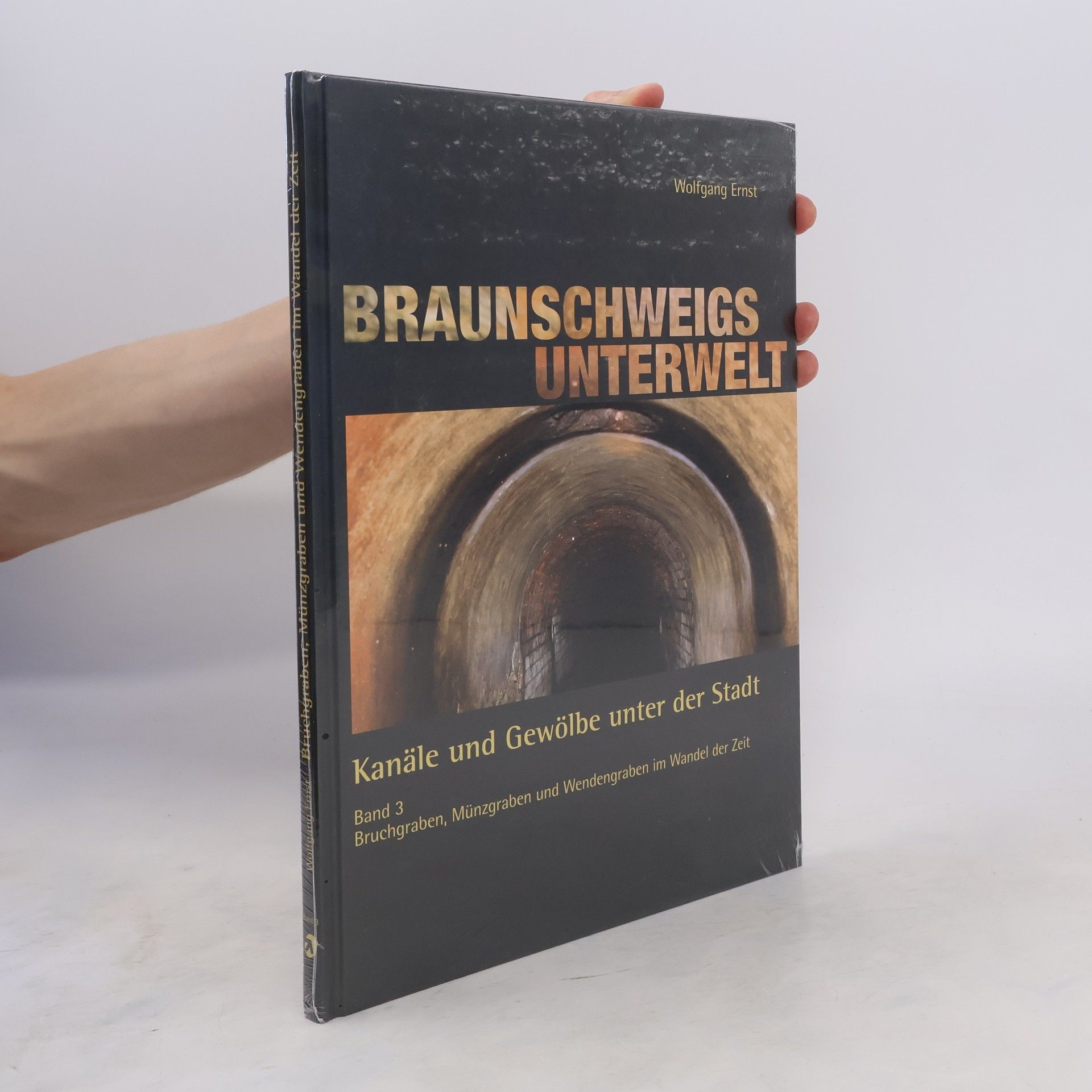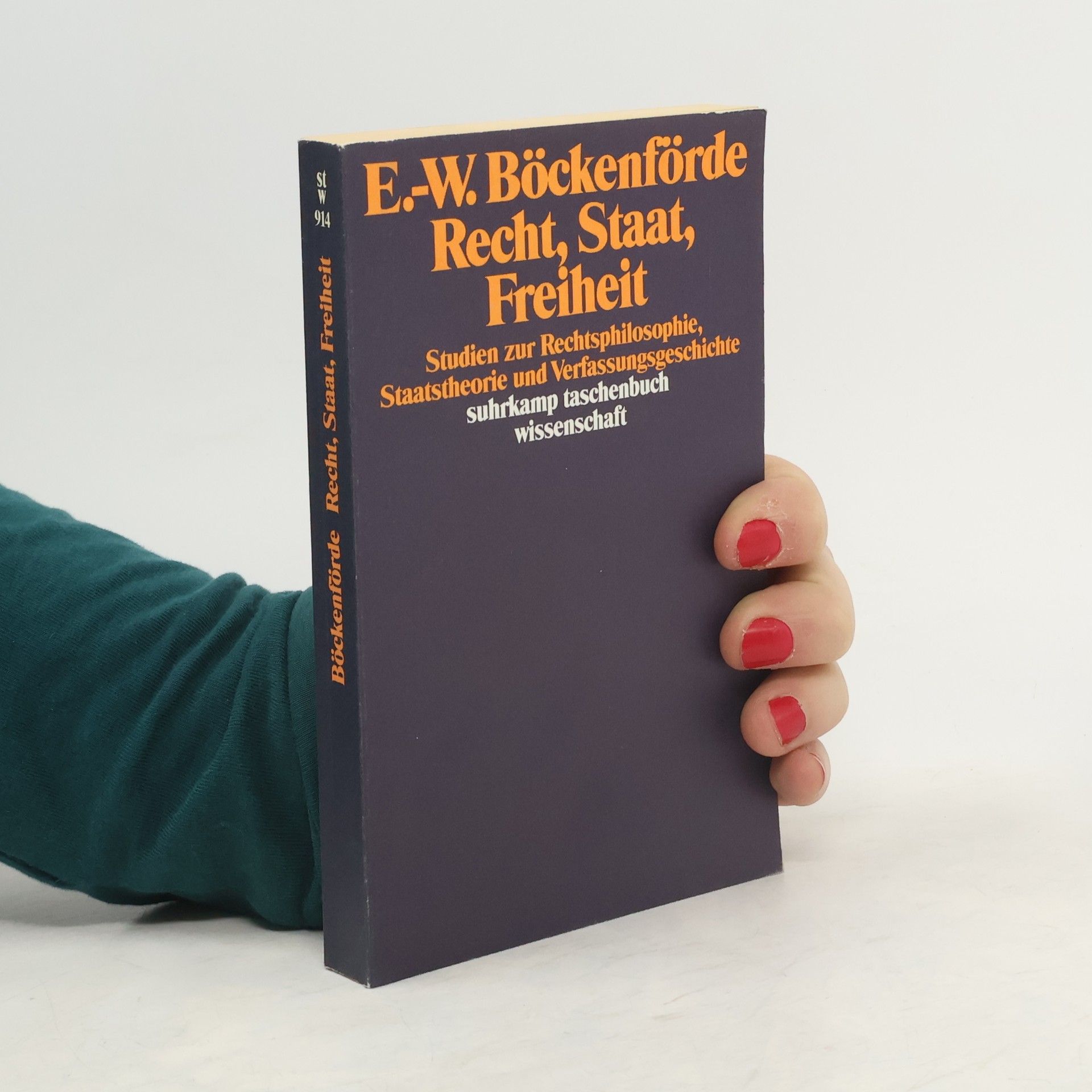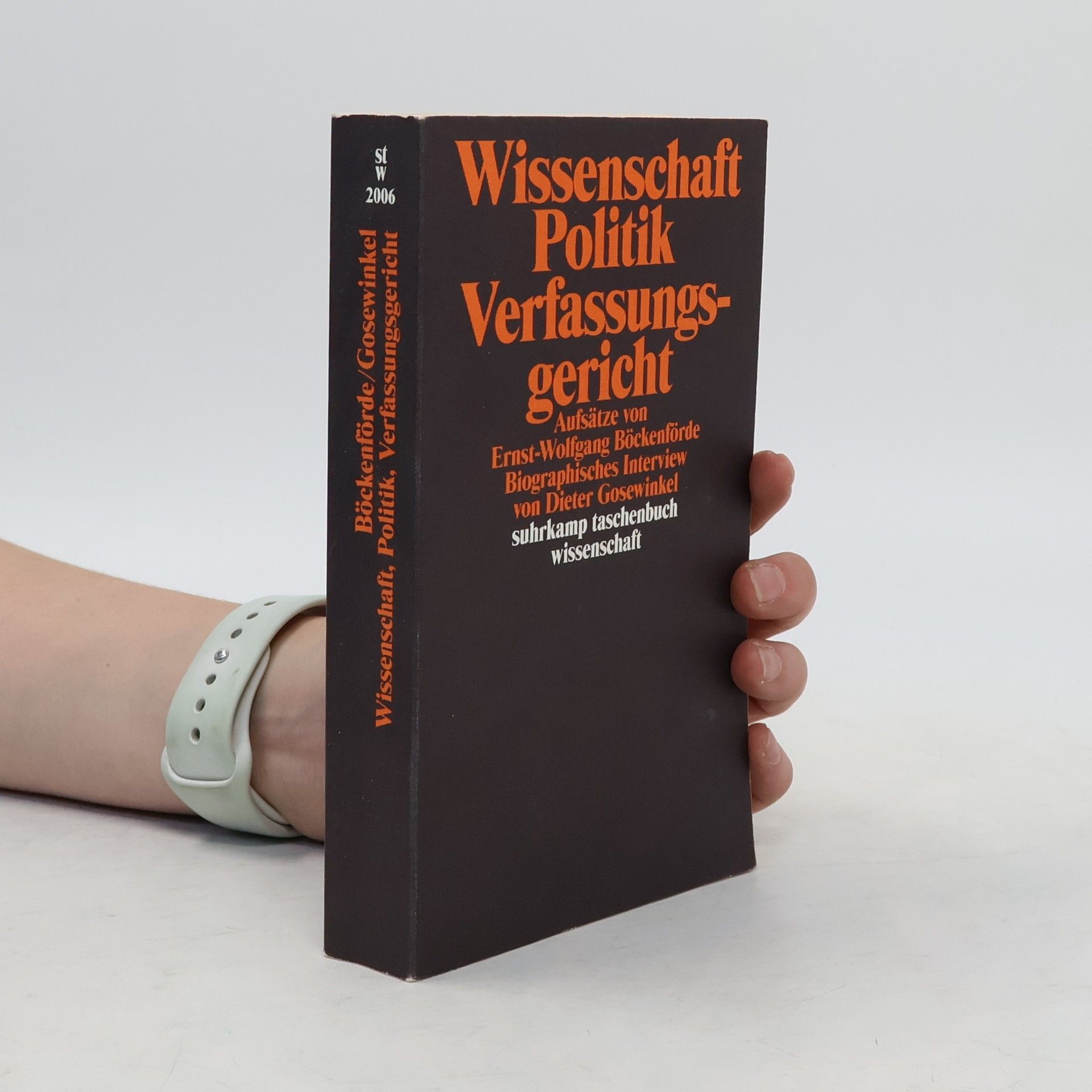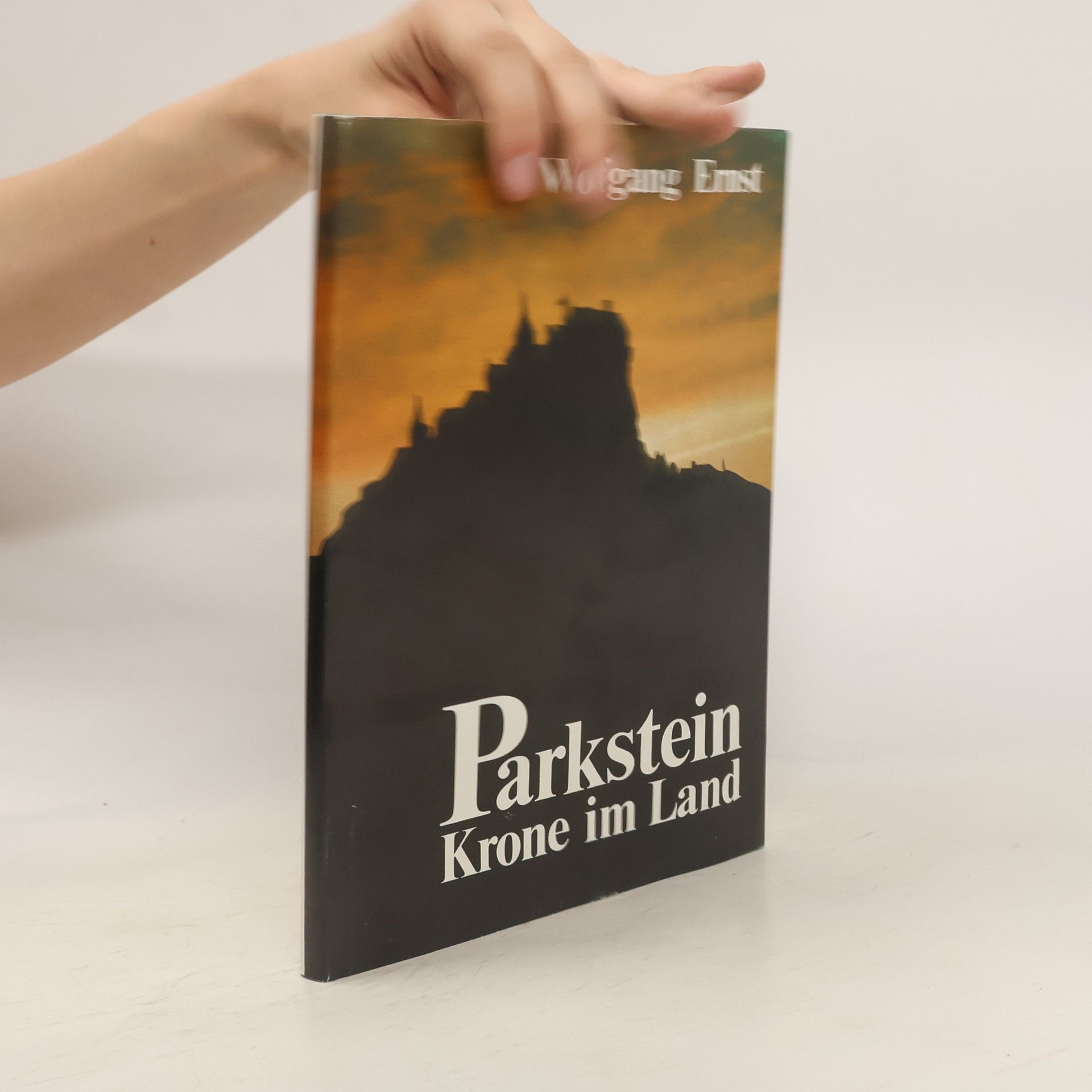Recht, Staat, Freiheit
Studien zur Rechtsphilosophie, Staatstheorie und Verfassungsgeschichte
- 425pagine
- 15 ore di lettura
Im Mittelpunkt dieser klassischen Aufsatzsammlung, die für diese Neuauflage um drei weitere Abhandlungen zu Fragen der Menschenwürde ergänzt wurde, stehen zentrale Fragen staatlicher Ordnung, wie sie sich an dem bestehenden, historisch bedingten Zusammenhang zwischen Freiheit und Recht bzw. Freiheit und Staat ablesen lassen. Böckenförde legt dar, dass das Recht nicht nur eine notwendige Bedingung von Freiheit ist, sondern zugleich den Staat als Macht- und Entscheidungseinheit und Inhaber des Monopols legitimer Gewaltausübung voraussetzt.Ernst-Wolfgang Böckenförde ist Professor emer. für Öffentliches Recht, Verfassungsund Rechtsgeschichte sowie Rechtsphilosophie an der Universität Freiburg und war von 1983 bis 1996 Richter am Bundesverfassungsgericht.





